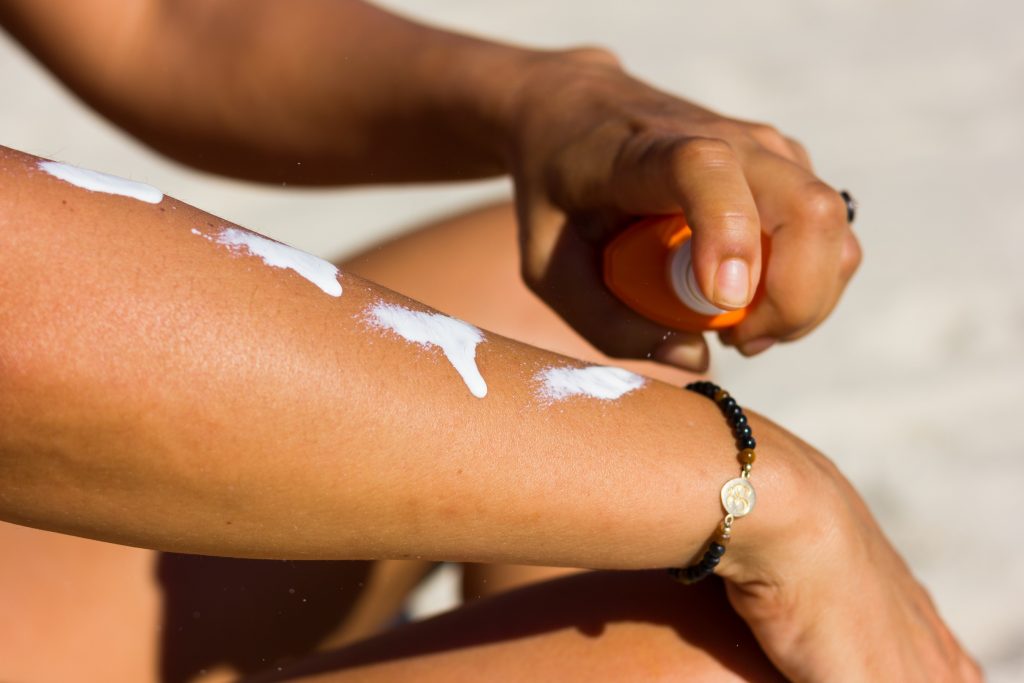I would like to learn more about liposuction or non-surgical liposuction around my abdomen and my thighs.
– Harmony
Hey Harmony,
Depending on your personal goals, both are great options for body contouring.
Trusculpt iD is a non-invasive option that offers fat dedication and skin tightening with minimal downtime. It’s Monopolar Radio-frequency platform tailors to patients’ individual needs and features Real-Time Temperature Control for clinically proven results, safety, and patient experience. In 15 minutes, truSculpt iD treats the entire fat layer, resulting in an average of 24% fat reduction.
Surgical liposuction is a more invasive method, with 1-2 weeks of downtime. It reshapes specific areas of the body by removing excess fat deposits and improving your body contours and proportion. Anesthesia is required for this procedure, but it is also safe and effective.
I would like to discuss this in more detail. If you’re interested please call 843-849-8418 to schedule a consultation. I am sure we can tailor a plan to meet your specific needs.
Thank you for reaching out. Hope to hear from you soon!
Dr. Lindsey Weaver, FNP-C






